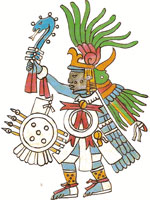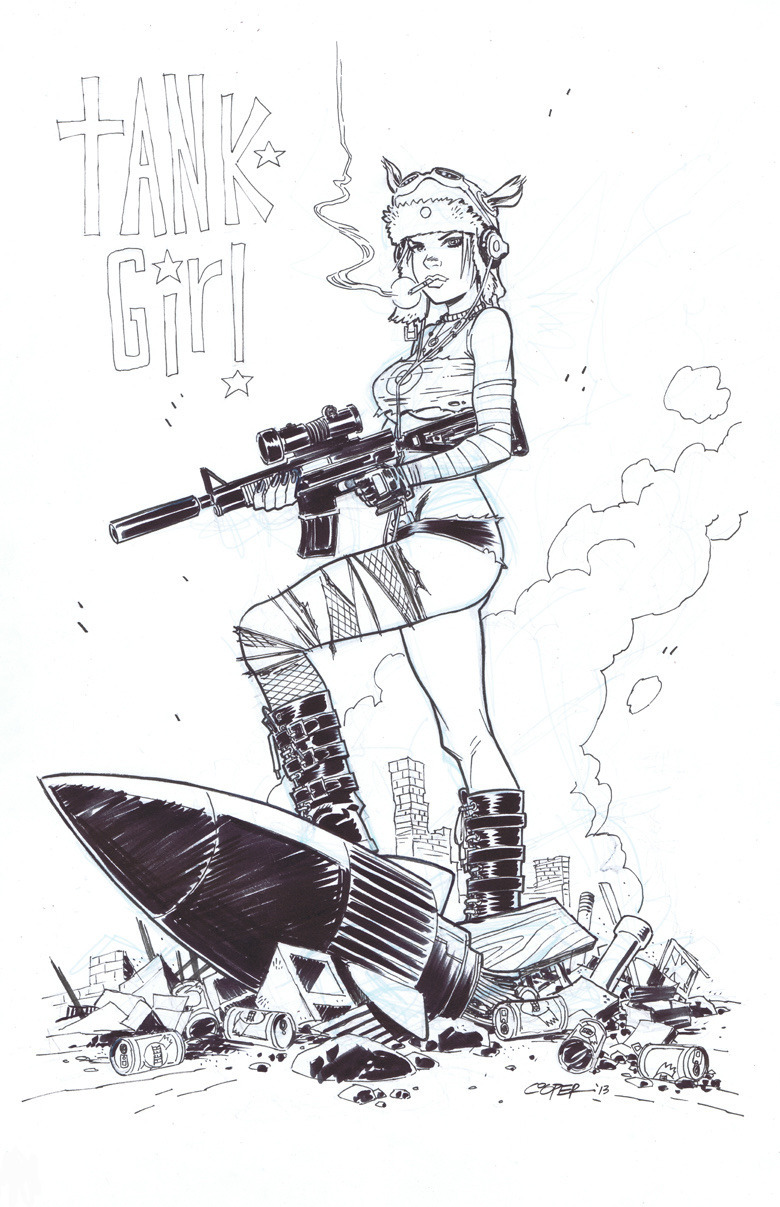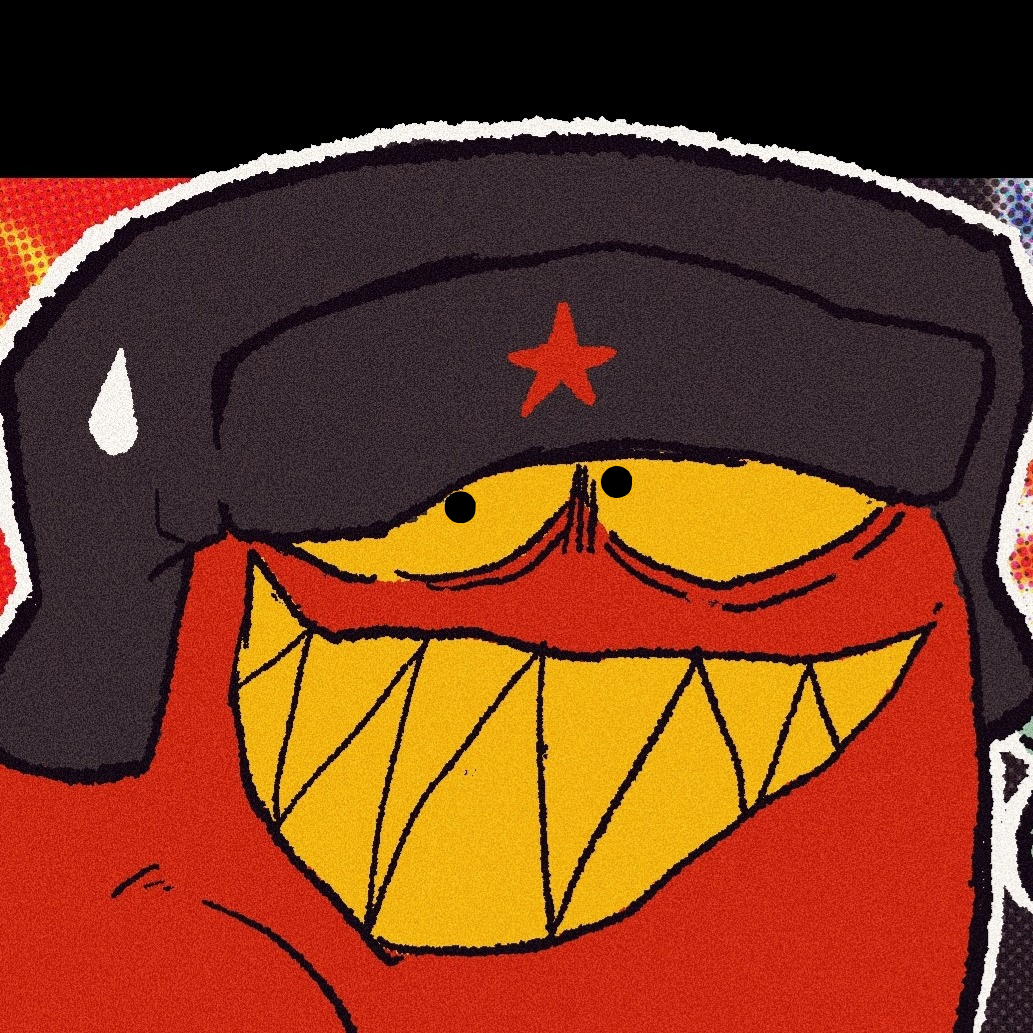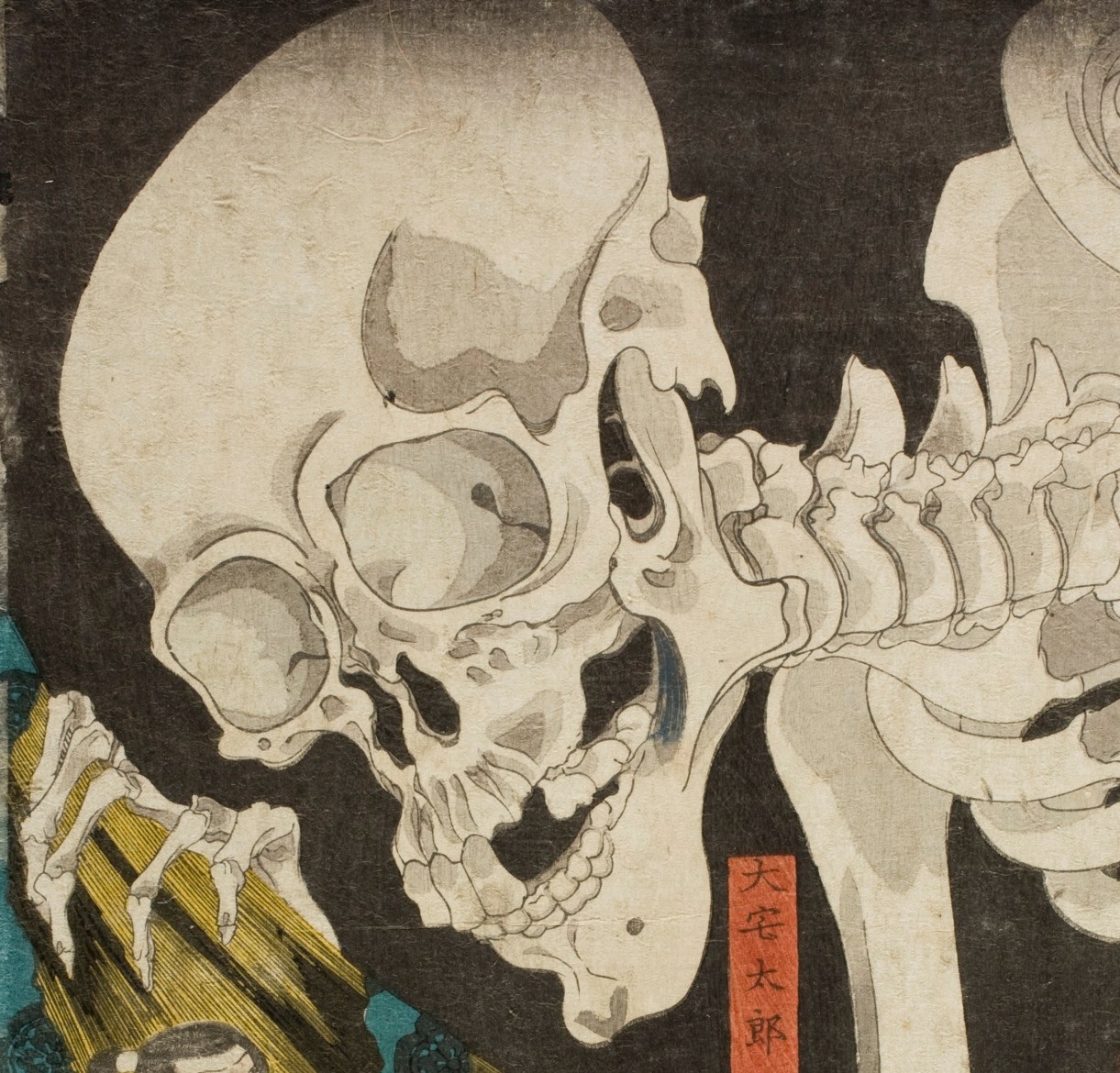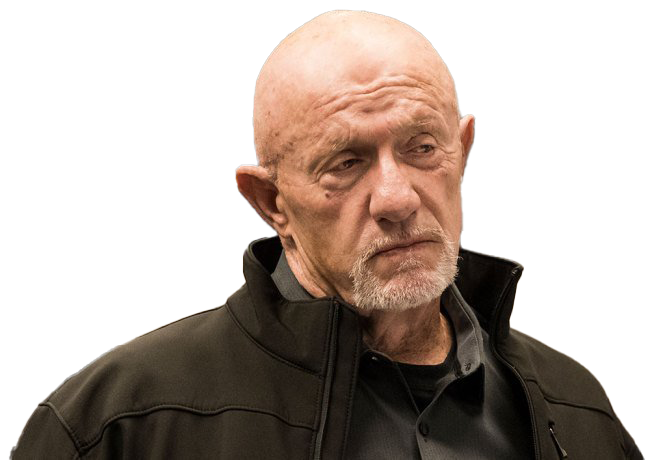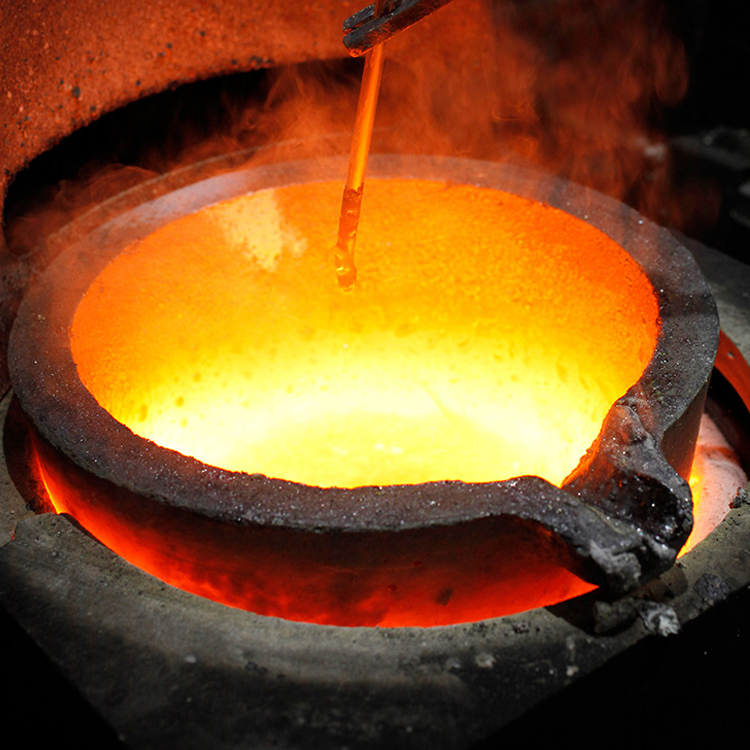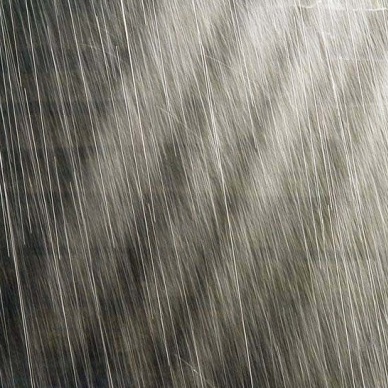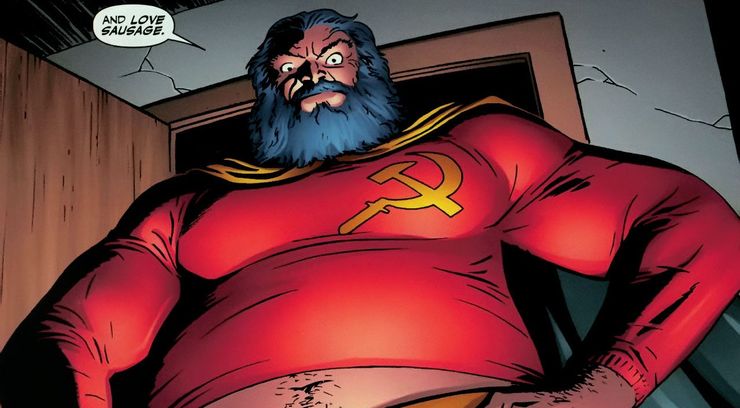Image is sourced from this Economist article.
Most of the information in this preamble is from the Cradle; notably here, here, here, and here.
The features of an effective American war (proxy or otherwise) is that it is a) against opponents with much less military power than you; b) with very low American losses; c) with victories you can visibly show off from time to time to justify involvement, and d) with a profit margin beyond merely giving money to military corporations. The war against Yemen was none of those; airplanes tumbled off aircraft carriers, and the navy complained of the hardest fighting conditions in decades. Conquering Yemen for its resources was inconceivable given the terrain, lack of good intelligence, and the strength of Ansarallah, and all that seemed to be visibly harmed were empty patches of desert and civilians.
Apparently, the ceasefire last month merely stipulated that they stop attacking merchant vessels in the Red Sea; it said nothing about attacking Israel. Therefore, Yemen is absolutely free to create a new blockade of Israel by just striking their airports and seaports, and all Israel can seem to do is try and bomb them in retaliation, a futile strategy which has failed to produce a military or political change in Yemen for the last decade when many other countries have tried it. And if America directly attacks them in response to attacks on Israel, the ceasefire is off, and expensive equipment will continue to be lost.
Across the strait from Yemen is an interesting array of countries. Egypt’s position in this war is well-known, and Somalia is under a kind of US occupation under the guise of fighting terrorism (Trump withdrew most troops, but they were then sent back under Biden). The other three are Sudan, Djibouti, and Eritrea. All three are increasingly being drawn into the anti-imperialist camp, as they cooperate with Iran, Russia, and/or China. Sudan is undergoing a civil war, but the rebels fighting the government are famously backed by the UAE. Djibouti has refused to allow themselves to be a launchpad for US strikes on Yemen.
Eritrea has a fascinating history of flip-flopping between West and East over the past few decades, but has, since 2020, sided with the East. It was one of the five countries to oppose the 2022 UN resolution condemning Russia’s war with Ukraine. Eritrea sends two thirds of its exports to China, and Iran has reportedly supplied them with military equipment. If a stronger link could be reforged, then Iran would have significantly less trouble sending military technology to Ansarallah, and to other friendly groups throughout the region.
Naturally, the lidless eye of the imperial core is shifting its gaze onto Eritrea. Meanwhile, Ethiopia - a country that has experienced frequent conflict with Eritrea - is part of BRICS+ and their economy is increasingly reliant on China (as is most countries’ economies nowadays). If a permanent resolution between the two could be created, it would be a victory for themselves and the Resistance, and a defeat for America, which thrives on conflict and destabilization.
Last week’s thread is here. The Imperialism Reading Group is here.
Please check out the RedAtlas!
The bulletins site is here. Currently not used.
The RSS feed is here. Also currently not used.
Israel-Palestine Conflict
Sources on the fighting in Palestine against Israel. In general, CW for footage of battles, explosions, dead people, and so on:
UNRWA reports on Israel’s destruction and siege of Gaza and the West Bank.
English-language Palestinian Marxist-Leninist twitter account. Alt here.
English-language twitter account that collates news.
Arab-language twitter account with videos and images of fighting.
English-language (with some Arab retweets) Twitter account based in Lebanon. - Telegram is @IbnRiad.
English-language Palestinian Twitter account which reports on news from the Resistance Axis. - Telegram is @EyesOnSouth.
English-language Twitter account in the same group as the previous two. - Telegram here.
English-language PalestineResist telegram channel.
More telegram channels here for those interested.
Russia-Ukraine Conflict
Examples of Ukrainian Nazis and fascists
Examples of racism/euro-centrism during the Russia-Ukraine conflict
Sources:
Defense Politics Asia’s youtube channel and their map. Their youtube channel has substantially diminished in quality but the map is still useful.
Moon of Alabama, which tends to have interesting analysis. Avoid the comment section.
Understanding War and the Saker: reactionary sources that have occasional insights on the war.
Alexander Mercouris, who does daily videos on the conflict. While he is a reactionary and surrounds himself with likeminded people, his daily update videos are relatively brainworm-free and good if you don’t want to follow Russian telegram channels to get news. He also co-hosts The Duran, which is more explicitly conservative, racist, sexist, transphobic, anti-communist, etc when guests are invited on, but is just about tolerable when it’s just the two of them if you want a little more analysis.
Simplicius, who publishes on Substack. Like others, his political analysis should be soundly ignored, but his knowledge of weaponry and military strategy is generally quite good.
On the ground: Patrick Lancaster, an independent and very good journalist reporting in the warzone on the separatists’ side.
Unedited videos of Russian/Ukrainian press conferences and speeches.
Pro-Russian Telegram Channels:
Again, CW for anti-LGBT and racist, sexist, etc speech, as well as combat footage.
https://t.me/aleksandr_skif ~ DPR’s former Defense Minister and Colonel in the DPR’s forces. Russian language.
https://t.me/Slavyangrad ~ A few different pro-Russian people gather frequent content for this channel (~100 posts per day), some socialist, but all socially reactionary. If you can only tolerate using one Russian telegram channel, I would recommend this one.
https://t.me/s/levigodman ~ Does daily update posts.
https://t.me/patricklancasternewstoday ~ Patrick Lancaster’s telegram channel.
https://t.me/gonzowarr ~ A big Russian commentator.
https://t.me/rybar ~ One of, if not the, biggest Russian telegram channels focussing on the war out there. Actually quite balanced, maybe even pessimistic about Russia. Produces interesting and useful maps.
https://t.me/epoddubny ~ Russian language.
https://t.me/boris_rozhin ~ Russian language.
https://t.me/mod_russia_en ~ Russian Ministry of Defense. Does daily, if rather bland updates on the number of Ukrainians killed, etc. The figures appear to be approximately accurate; if you want, reduce all numbers by 25% as a ‘propaganda tax’, if you don’t believe them. Does not cover everything, for obvious reasons, and virtually never details Russian losses.
https://t.me/UkraineHumanRightsAbuses ~ Pro-Russian, documents abuses that Ukraine commits.
Pro-Ukraine Telegram Channels:
Almost every Western media outlet.
https://discord.gg/projectowl ~ Pro-Ukrainian OSINT Discord.
https://t.me/ice_inii ~ Alleged Ukrainian account with a rather cynical take on the entire thing.
Death to Israel

Absolutely unreal.
Right in front of the German chancellor Trump claims credit for ending Nord Stream 2, and suggests part of the calculus was to replace Russia as Germany’s gas supplier: nitter.poast.org/MyLordBebo/status/1930…
“I’m the one who ended Nord Stream 2, going to a place called Germany, come to think of it. I’m sorry I did that. I ended Nord Stream 2, nobody else did. And then when Biden came in he immediately approved it… And by the way we have so much oil and gas you will not be able to buy it all.”
You quite literally have the American president claiming credit for the largest act of sabotage of Europe’s strategic infrastructure since WW2, and you can bet 100% it won’t even be a story in EU media.
https://xcancel.com/RnaudBertrand/status/1930853215010251184
Major ambush of zionist forces near Jabalia camp. First an enemy hummer was targeted with an anti-tank shell; then after the enemy forces retreated to a building, the building was targeted with a second shell. Then, as three helicopters attempted to evacuate their dead and wounded, one of the helicopters was struck by an anti-tank missile. At least three are dead and there are at least 11 casualties total.
It should be noted that the ruins of Jabalia camp are in the far north of Gaza, and was one of the first areas “cleared” by the enemy. Nearly 2 years of genocidal campaigning and bombardment has failed to make the area safe for the occupation.
In related news, earlier today the IOF confirmed that 75 officers and soldiers have been wounded in the Gaza strip over the past 6 days (unclear whether these figures include the toll of tonight’s attack)
The resilience of the Palestinian people is truly inspirational
I wonder if this is a sign that the incredible restraint on not targeting medivac helicopters is coming to an end.
Well, after IOF targeting ambulances and hospitals for decades …
It poses one of those macabre strategic questions: wounded IOF take resources and manpower to keep alive, not to mention morale and mental drain, so letting the medevac go through makes decent tactical sense, in a way.
My understanding is that it is religious. I’m not well versed in Islamic theology but there is apparently some sort of prohibition on attacked wounded fighters. Or that is how Hamas interprets it idk

Mexico will have a Supreme Court aligned with the left that governs the country, with an indigenous man as the possible president of the court, according to the count of 87% of the votes for this court. The Supreme Court was the jewel in the crown of the election of judges organized on Sunday, an unprecedented exercise in the world that the government promoted as the solution against impunity of more than 90%, but which, according to critics, consolidates a “totalitarian regime”.
- Telegram
Elections are now totalitarian
Totalitarianism is when you don’t roll over for America like a good dog and take care of your people instead
Literally
That’s why Ukraine is a bastion of freedom /jk
an indigenous man as the possible president of the court

Totalitarian is a code word for not manipulatable by the west. If your left-wing country gets called that, you are on the right way.
Doesnt the US president always fucking appoint supreme court judges lmao
Elon Musk says SpaceX will decommission Dragon spacecraft after Trump threat
There goes the US manned space program, I guess? What else is there, besides Boeing’s crap bucket that ended up stranding astronauts on the ISS for 9 months?

Edit: Apparently we’re still using Soyuz, lmao. Decades-old communist technology is still doing laps around privatized space flight.
Czech secret police assessed Keir Starmer was an MI6 operative



The left should be screaming about the real deep state.
Bannon is calling for an investigation into Elon’s drug habits and immigration status


The fucking gall of the NYT to send me this shit this morning. Immediately pissed me off.

Propagandists were hanged in Nuremburg, this is sort of thing is direct complicity in the crimes of Israel from the NYT.
Edit: After refreshing my memory the propagandists hanged were also members of the Nazi government, but my point stands.
Nuremburg was a half measure. No more half measures.
Well you can blame it on the anglos.
a less than half measure

Hope for Mathew Miller yet.
Sad part is that the language used in the article is a massive improvement. The bar is this low
They actually named Israel, normally it was just “shots were reportedly fired” or something along those lines.
They also use “Palestinians” instead of “Gazans”. This has been a huge editorial no no up until now.
They also switched from " Hamas run health ministry" to “Gaza health ministry”.
New York Crimes earning it’s nickname
deleted by creator
Well you see the soldiers were near the crowd, firing directly into it, so the phrasing is technically correct

Death to Zionism and the genocide promoters at NYT


You see they were firing ‘warning shots,’ which are not ‘into’ crowds by definition, so of course it was just ‘near’ crowds even if it was directly into the middle of them.
I found a YouTube link in your comment. Here are links to the same video on alternative frontends that protect your privacy:

Artificial Intelligence vs Actual Indians.
I am convinced that tech startups that come out of nowhere and instantly bought for over $1 billion is a debt laundering scheme.
How does one take that kind of money and not do basic due diligence?
Move fast and break
thingsbank accounts!
pretty sure Indians count as real intelligence, not artificial, but I’m not a machine worshipper so who can say
“I have created a thinking machine!”
look inside
it’a a mechanical turk
Five Pinocchios, they weren’t Turks!
Artificial Indians
Actual Indians.
Wait. Why the FUCK would you want to pretend it’s an algorithm generating an answer rather than a person (Indian or otherwise)‽ The whole point of LLMs is to try to trick people in the other direction: make them think it is (could be) a human talking to them. It was even the original formulation of the fucking Turing test.
Anyway, the “intelligence” part of “artificial intelligence” is already a lie, so it’s not like it’s a real thing these Indian workers are attempting to masquerade as.
We’ve seriously gotten to the point where these algorithms are so over-hyped that we think they actually do a better job at shit than humans do. Holy fucking hell.
Why the FUCK would you want to pretend it’s an algorithm generating an answer rather than a person
Because people doing things isn’t a hype attracting billions of dollars in juicy investments that you can cash off of
https://xcancel.com/elonmusk/status/1930703865801810022#m
Time to drop the really big bomb:
@realDonaldTrump is in the Epstein files. That is the real reason they have not been made public.
Have a nice day, DJT!
IOF have boarded the Madleen

I don’t remember seeing this mentioned here but the guy who just won the presidential elections in Poland “signed a declaration saying he would not ratify Ukraine’s accession to NATO” (Reuters).
And he’ll be president for 5 years which just makes the ukranians look even more silly when they ask for nato membership as a condition to end the war.
The few occasions where racism stops western imperialism
Contradictions so sharp the blade is chipping
University of Michigan is spending millions on undercover agents to surveil students
I can’t imagine wanting to attend university in the US anymore, you spend so much money and ultimately it is going to you and your friend’s harassment and potential arrest.
The surveillance appears to largely be an intimidation tactic, five students who have been followed, recorded or eavesdropped on said. The undercover investigators have cursed at students, threatened them and in one case drove a car at a student who had to jump out of the way, according to student accounts and video footage shared with the Guardian.
They don’t share this video, to my knowledge.
Students say they have frequently identified undercover investigators and confronted them. In two bizarre interactions captured by one student on video, a man who had been trailing the student faked disabilities, and noisily – and falsely – accused a student of attempting to rob him.
They do show this, it’s pretty funny.
One of the comments: “Peter Griffin from head to toe” lol. If this guy can be a private eye, I chose the wrong career path. They just let any loser be one apparently, and the contracts are lucrative for a job that’s literally just stalk a bunch of teenagers and claim your mentally disabled when you get caught.
In October 2008, the movement’s yacht Dignity sailed from Cyprus to Gaza’s fishing port with medical supplies. Two months later, during Israel’s 2008-2009 war on Gaza, Dignity, carrying 3.5 tonnes of medical aid, was rammed and forced to dock in Lebanon. Activists blamed Israeli naval ships.
In May 2010, the Free Gaza Movement, the Turkish Relief Foundation and other humanitarian organisations mounted the largest challenge to Israel’s blockade, with three cargo ships laden with basic supplies and four vessels carrying 600 passengers.
Helicopter-borne Israeli commandos attacked the former Istanbul ferry Mavi Marmara, killing nine activists and wounding several dozen. Israel said several soldiers were injured, one seriously. Israel called the raid a “clear case of self-defence.”
-Irish Times
They’re currently almost half way to Israel. I’m guessing they’ll arrive by late-June 9th at this rate.

https://freedomflotilla.org/ffc-tracker/video out of Paramount California of people pelting a convoy of trucks with rocks as they invade a city to abduct people and imprison them in camps. They really are turning the USA into israel, huh?









